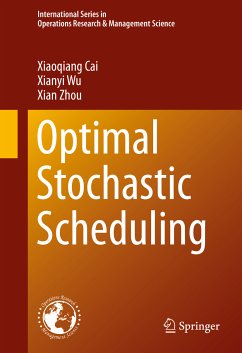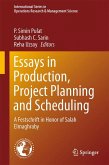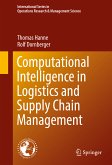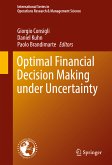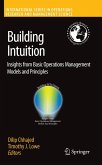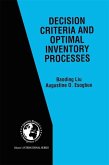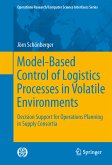Optimal Stochastic Scheduling is organized into two parts: Chapters 1-4 cover fundamental models and results, whereas Chapters 5-10 elaborate on more advanced topics. More specifically, Chapter 1 provides the relevant basic theory of probability, and then introduces the basic concepts and notation of stochastic scheduling. In Chapters 2 and 3, the authors review well-established models and scheduling policies, under regular and irregular performance measures, respectively. Chapter 4 describes models with stochastic machine breakdowns. Chapters 5 and 6 introduce, respectively, the optimal stopping problems and the multi-armed bandit processes, which are necessary for studies of more advanced subjects in subsequent chapters. Chapter 7 is focused on optimal dynamic policies, which allow adjustments of policies based on up-to-date information. Chapter 8 describes stochastic scheduling with incomplete information in the sense that the probability distributions of random variables contain unknown parameters, which can however be estimated progressively according to updated information. Chapter 9 is devoted to the situation where the processing time of a job depends on the time when it is started. Lastly, in Chapter 10 the authors look at several recent models beyond those surveyed in the previous chapters.
Dieser Download kann aus rechtlichen Gründen nur mit Rechnungsadresse in A, B, BG, CY, CZ, D, DK, EW, E, FIN, F, GR, HR, H, IRL, I, LT, L, LR, M, NL, PL, P, R, S, SLO, SK ausgeliefert werden.
Hinweis: Dieser Artikel kann nur an eine deutsche Lieferadresse ausgeliefert werden.
"This book provides, in about equal measure, an introduction to stochastic scheduling and discussions of several advanced topics in the area. ... This advanced text provides a useful introduction to stochastic scheduling and should prove to be of particular interest to researchers in thisbranch of scheduling." (Andrew Wirth, Mathematical Reviews, March, 2017)

